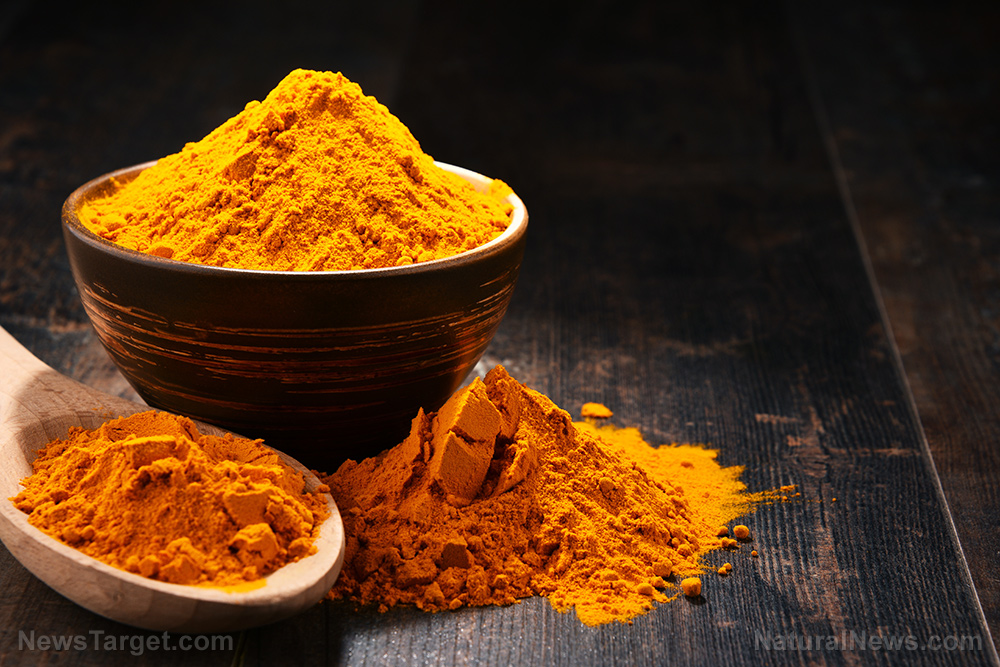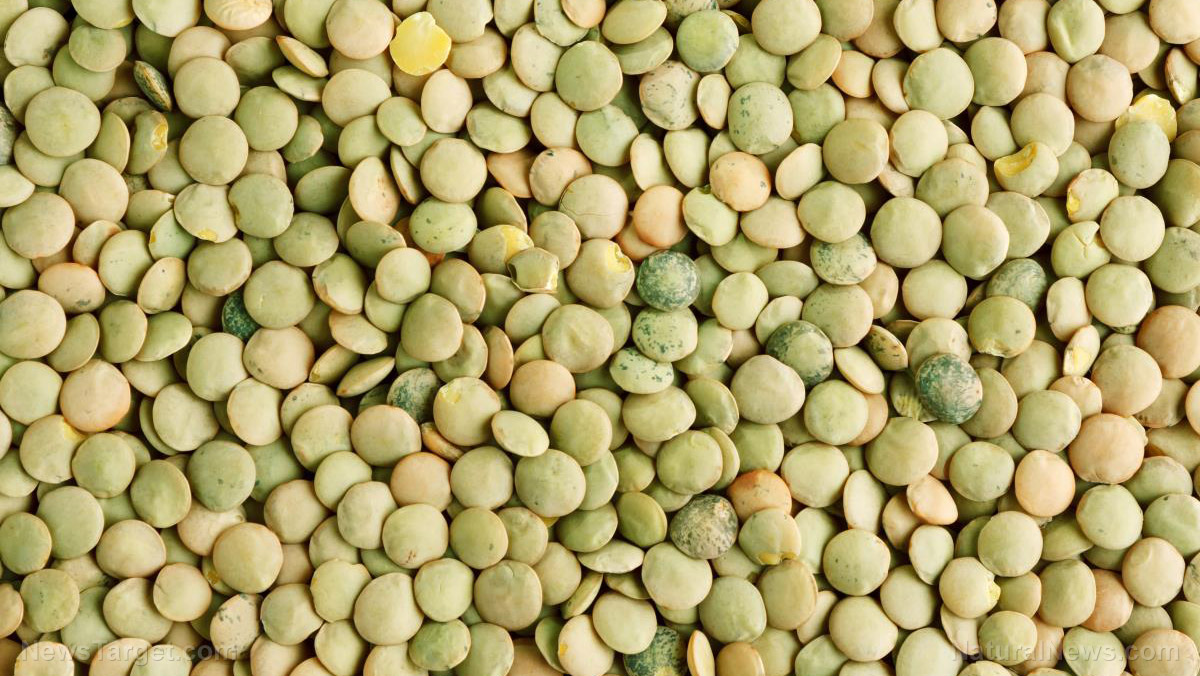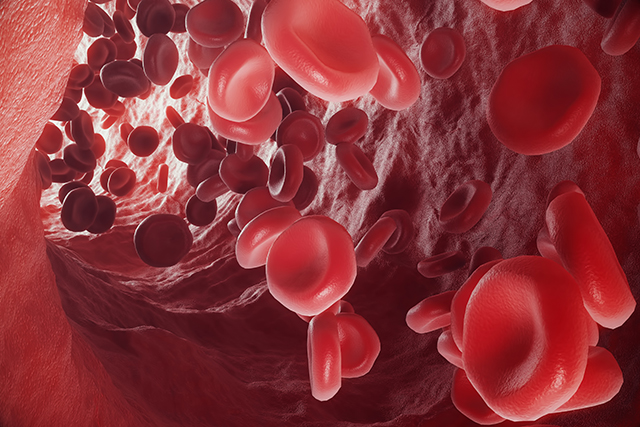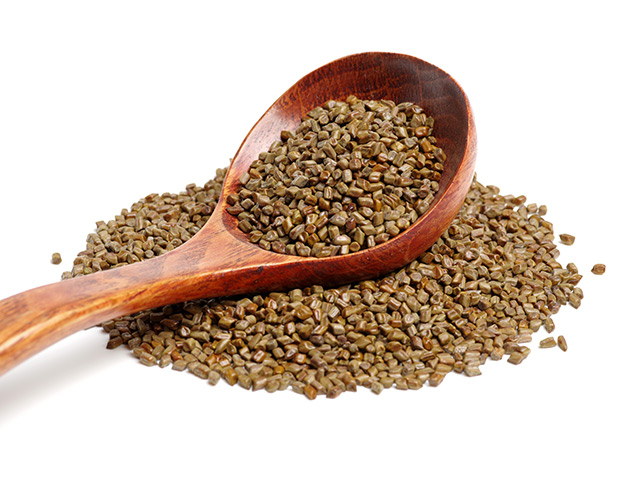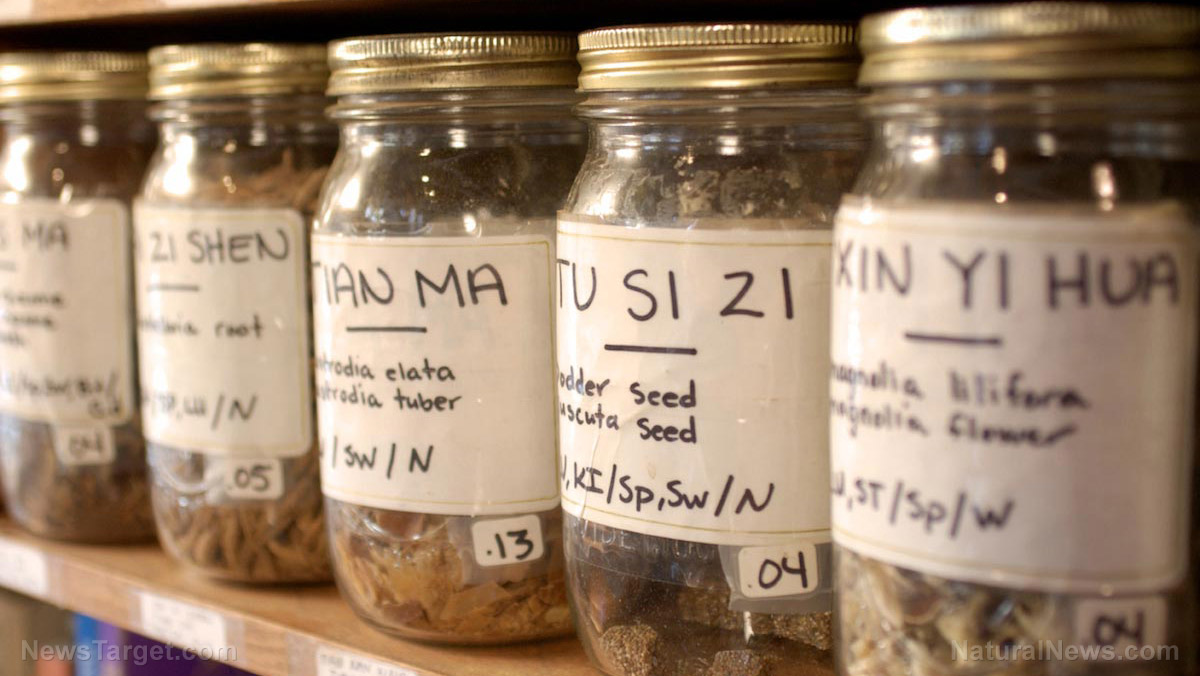SCIENTISTS: A compound found in this Chinese herbal medicine can be used to treat skin cancer
10/13/2018 / By RJ Jhonson
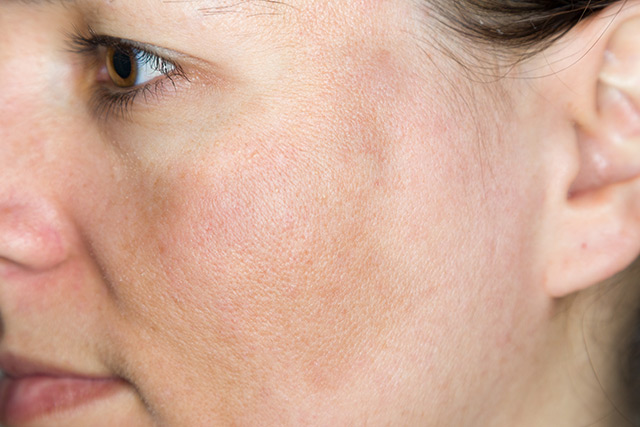
According to a study in the journal BMC Complementary and Alternative Medicine, compound Muniziqi granule (MNZQ), a treatment used in China for many hormone-related issues, contains a compound that can cause the death of skin cancer cells.
The study looked at the effects of MNZQ, a multi-component herbal preparation composed of ingredients from 13 medicinal plants, on B16 cells. These cells are part of a tumor cell line used as a model for melanoma or skin cancer.
MNZQ is used in China for various conditions, usually related to hormones and the endocrine system. These include acne related to endocrine disorders, dysmenorrhea, menopausal syndrome, and chloasma, among others.
Chloasma, also known as melasma, is a condition characterized by dark- or tan-colored discoloration in the skin, usually in the form of patches or spots on the cheeks, chin, forehead, or nose. Although chloasma can happen to everyone, it is more common in women as a result of pregnancy and hormone issues. It can also occur because of exposure to the sun.
Chloasma can develop into melanoma, a type of cancer that occurs in melanocytes. These are the cells in the skin responsible for the formation of melanin, the dark pigment that gives skin its color.
The researchers were particularly interested in harmine, a compound found in several plants including Peganum harmala, one of the ingredients of MNZQ. This particular plant chemical has been found, in previous studies, to have anti-cancer properties. The authors wanted to know how harmine caused malignant melanocytes to undergo apoptosis or cellular death, as well as autophagy or the natural process in which cells dismantle parts they don’t need.
They prepared a culture of B16 melanoma cells which they treated with varying doses of harmine and related compounds for 24 hours. The authors then examined cell viability, protein expression, autophagy, and cellular death. They also looked at the activity of tyrosinase, an enzyme that plays a vital role in the biosynthesis of melanin and is important in the development of melanoma.
They confirmed that harmine does cause both autophagy and apoptosis and that the former made the latter possible. They also found that while harmine did not have any inhibitory activities against tyrosinase, it did inhibit the B16 cells in general.
Because of harmine’s ability to induce both autophagy and apoptosis, the researchers called the compound a “promising therapeutic agent” for the treatment of melanoma.
What you need to know about melanoma
Melanoma is also known as malignant melanoma and is the deadliest type of skin cancer. Every year, it kills more than 9,300 people every year in the U.S. alone, says the Skin Cancer Foundation. Despite this, melanoma is curable, especially when it is found early. (Related: Melanoma breakthrough: Natural fruit and vegetable substance stops skin cancer cells.)
Melanomas usually look like moles, but one can identify them using the mnemonic ABCDE.
- A for asymmetry – Normal or benign moles are symmetrical but cancerous ones are not.
- B for border – Benign moles have a smooth and clear border while melanomas look uneven with notched edges.
- C for color – Most normal moles have just one color while melanomas have different shades of tan or black, sometimes with red, blue, and white mixed in.
- D for diameter – Benign moles are small while melanomas tend to be bigger than a fourth of an inch in diameter.
- E for evolving – Normal moles look the same all the time. Melanomas evolve – that is, they change in size or color, or exhibit symptoms like bleeding, crusting, or itching.
If any of these signs show up, it’s best to approach a healthcare professional as soon as possible.
Visit Cancer.news to learn about treatments for melanoma and other types of cancer.
Sources include:
Tagged Under: alternative medicine, Chinese medicine, chloasma, harmine, herbal medicine, Herbs, melanoma, melasma, muniziqi, natural cures, natural medicine, Naturopathy, phytochemicals, phytonutrients, skin cancer, Tyrosinase

